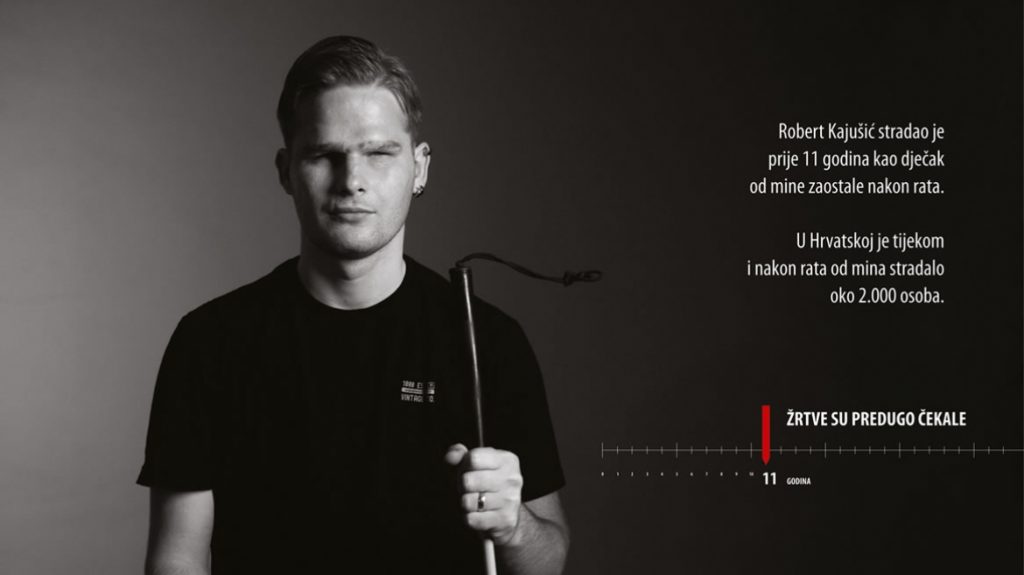
03.04.2015.
Documenting Human Losses in Croatia during the War 1991 – 1995
The main motive for implementing the project “Documenting Human Losses in Croatia during the War 1991-1995” is the fact that even 15 years after the war had ended there is no reliable, verifiable and undisputable number of victims of war, killed or missing on the territory of the Republic of Croatia.
The necessity to implement this project stems from the need to prevent political and ideological manipulations with the number of war victims in Croatia. Such condition does not help alleviating effects of the war, which is a pre-condition for the development of a multiethnic and multicultural surrounding. Determining the facts about war events and their consequences is extremely important for Croatia’s citizens, citizens of other post-Yugoslav countries, as well as the entire Europe.
Implementation of this project will make impossible arbitrary, false and malevolent manipulations of the number of war victims. Ensuring relevant data is helpful to institutions and organizations which participate in judicial processes (domestic courts, ICTY, etc.) and processes of building sustainable peace and trust. In this way, we are contributing to individualization of responsibility for war crimes.
The starting point of our research is the assumption that it is necessary to establish facts about all victims regardless of their ethnic or social group, political affiliation or status. In documenting human losses, we are using appropriate scientifically-based methodology and contemporary research techniques. We want to pay our respects to victims of war by making possible their names and conditions in which they suffered war-related violence are made publicly known, regardless of ethnic or religious group they belonged to, or what political idea or ideology they
supported. We believe that every society has a responsibility to raise awareness of the fact that victims of war violence are not just numbers, but people with first and last names, with their family history.
GOALS
Main goals of the project are to determine the number of victims of the 1991-1995 war as complete as possible, as well as the facts on the condition in which they suffered war-related violence to ensure a publicly accessible data base which would contain relevant information.
Key results of the project will be a name-by-name list of all victims with their personal information such as date and place of birth, parents’ names, address, ethnicity, time, place and manner of suffering, status (civilian or combatant). The list will also include other relevant information, if they are known (such as education, employments status, religious belief,
marital status, place of burial, etc.) The collected information will be publicly accessible in an electronic and printed form.
RESULTS
Since the project began in March of 2012, 1,406 statements have been taken from witnesses and victims’ relatives and 3,634 other documents have been collected about a total of 2,906 victims of Serb ethnicity who lost their lives or disappeared in connection with the war in Croatia, including 1,182 civilians and 1,724 soldiers. 1,917 of these victims have been documented by statements, while the remaining 989 victims have been identified from other documents. These records also show that the majority of ethnic Serb civilians and combatants died or disappeared in the two major Croatian police and military operations: 38 civilians and 83 soldiers in Bljesak, and 418 civilians and 363 soldiers in Oluja.
Documenting Human Losses in Croatia during the War 1991 – 1995















